Conductivity Meter
Product Details:
- Usage Industrial
- Material Plastic
- Power Supply Battery
- Product Type Conductivity Meter
- Display Type Digital Only
- Color Gray
- Range High
- Click to View more
X
Conductivity Meter Price And Quantity
- 10 Unit
Conductivity Meter Product Specifications
- Plastic
- Industrial
- Digital Only
- Gray
- High
- Conductivity Meter
- Battery
Conductivity Meter Trade Information
- Cash in Advance (CID)
- 50 Unit Per Month
- 2-10 Days
- All India
Product Description
A Conductivity Meter is a device used to measure the electrical conductivity of a solution. It typically operates on the principle of applying an alternating current (AC) across two electrodes immersed in the solution. They are usually made of a conductive material like graphite, platinum, or stainless steel, electrodes come into direct contact with the solution. This is used extensively in environmental monitoring to assess the salinity and purity of water bodies. Conductivity Meter are vital tools across scientific, industrial, and environmental fields, providing critical data for ensuring quality, safety, and efficiency in various processes and analyses.
FAQs of Conductivity Meter:
Q: What is the display type of Conductivity Meter?
A: Conductivity Meter has a digital only display.Q: What is the color of Conductivity Meter?
A: The color of Conductivity Meter is gray.Q: What is the material used in Conductivity Meter?
A: Conductivity Meter is made of plastic.Q: What type of power supply does Conductivity Meter require?
A: Conductivity Meter requires a battery for power supply.Q: Is Conductivity Meter suitable for industrial use?
A: Yes, Conductivity Meter is specifically designed for industrial usage.Q: What is the range capability of Conductivity Meter?
A: Conductivity Meter has a high range capability.Q: Can Conductivity Meter be used for measuring conductivity of liquids?
A: Yes, Conductivity Meter can be used for measuring the conductivity of liquids in industrial settings.Tell us about your requirement

Price:
Quantity
Select Unit
- 50
- 100
- 200
- 250
- 500
- 1000+
Additional detail
Mobile number
Email

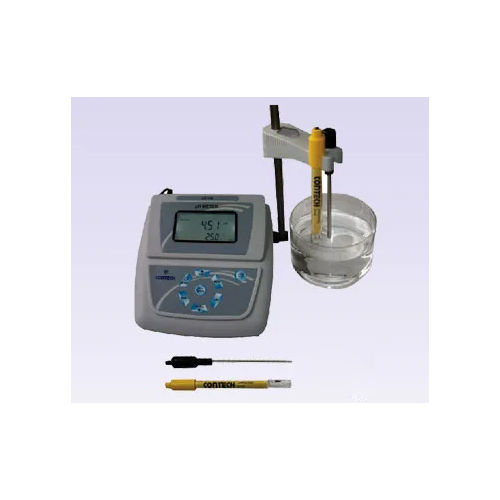

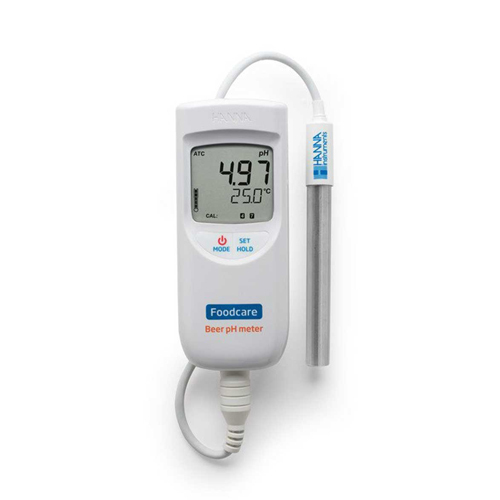
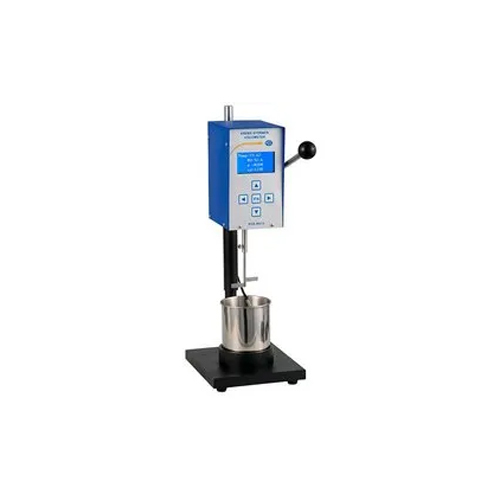
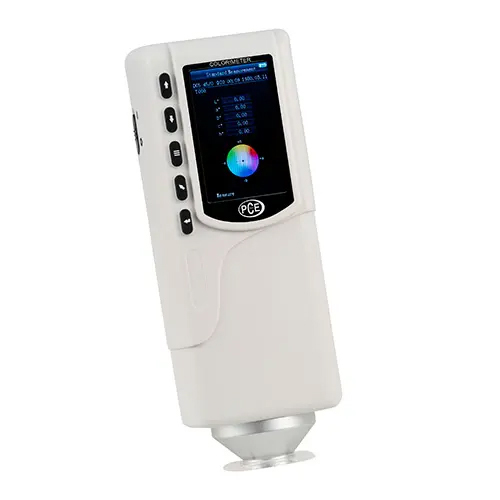
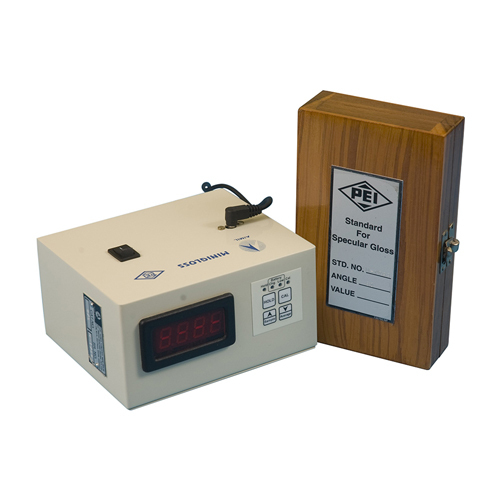
 Send Inquiry
Send Inquiry Send SMS
Send SMS Call Me Free
Call Me Free
